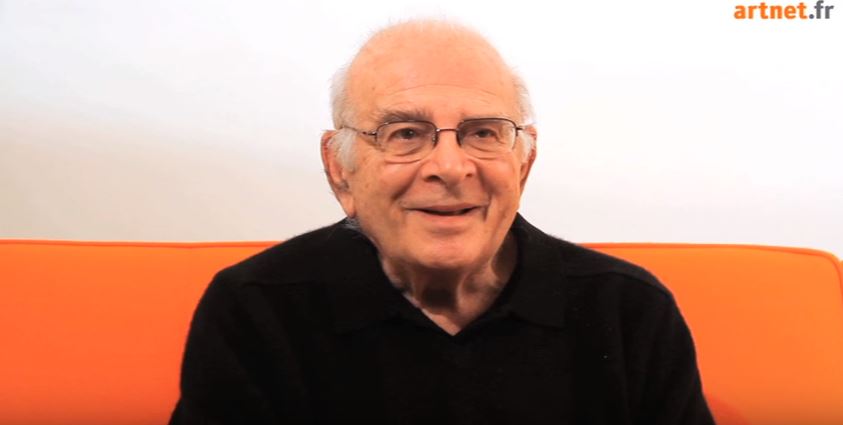
There’s Robert Doisneau, Henri Cartier-Bresson, and Marc Riboud, and then there’s Frank Horvat, who considers himself the “least-known famous photographer.”
Born in Abbazia, Italy (now Opatija, Croatia), Horvat moved around Europe before settling in Paris in 1955. Early on in his career, he was influenced by Cartier-Bresson, who advised him to use a Leica camera. He bought one, and headed to Pakistan and India to start a freelance career in photojournalism. The images from his trips were featured in magazines such as Life and Match.
At the end of the 1950s, Horvat turned to fashion photography, collaborating with Jardin des Modes, which led to work in the fashion world, via such publications as Vogue, Elle, and Harper’s Bazaar. An interest in real-life shoots caused the intrepid photographer to often take his models into the streets. “My idea would have always been that my photographs do not go out of fashion,” he says in the video above.
After contracting a debilitating eye disease in the 1980s, Horvat took a break from photography, and began a series of interviews with famous photographers, including Helmut Newton, Marc Riboud, Joel-Peter Witkin, and Jeanloup Sieff, among others, which he then compiled in the “Entre Vues” series. Today, his photographs can be seen in notable institutions such as The Museum of Modern Art in New York and the Centre Pompidou in Paris.
With such an eclectic career, where the artist happily transitioned to digital, we were curious to learn more about the photographer and his life, why he despises his adopted home of Paris, and how his roots influence his works. “If I had to start life again, I’d rather be a writer than a photographer,” he says. In the video above, Horvat reveals insights into the evolution of photography, including his thoughts on the digital age.